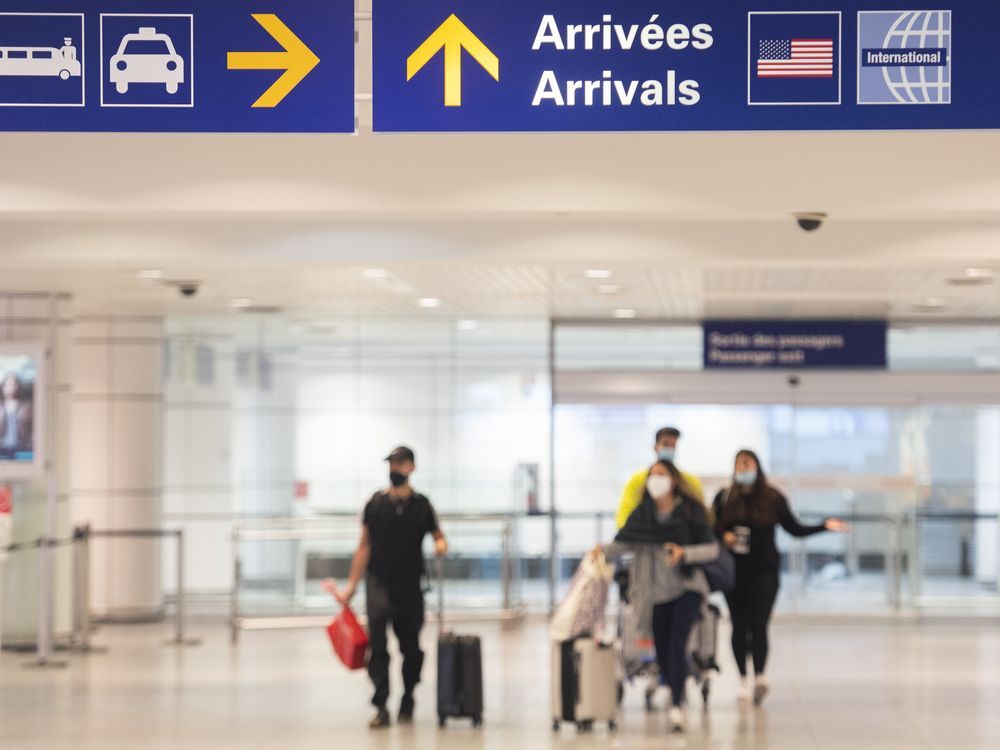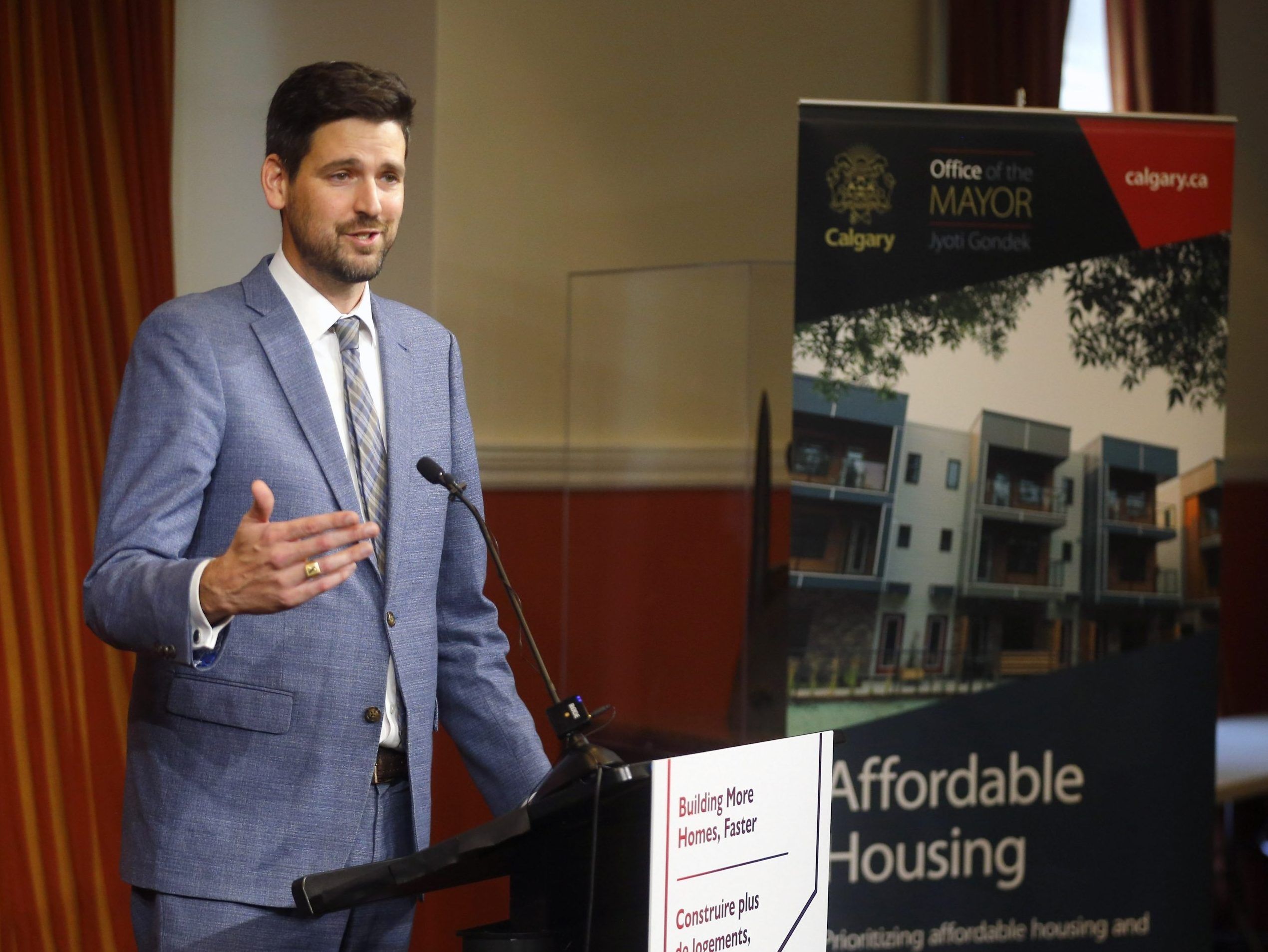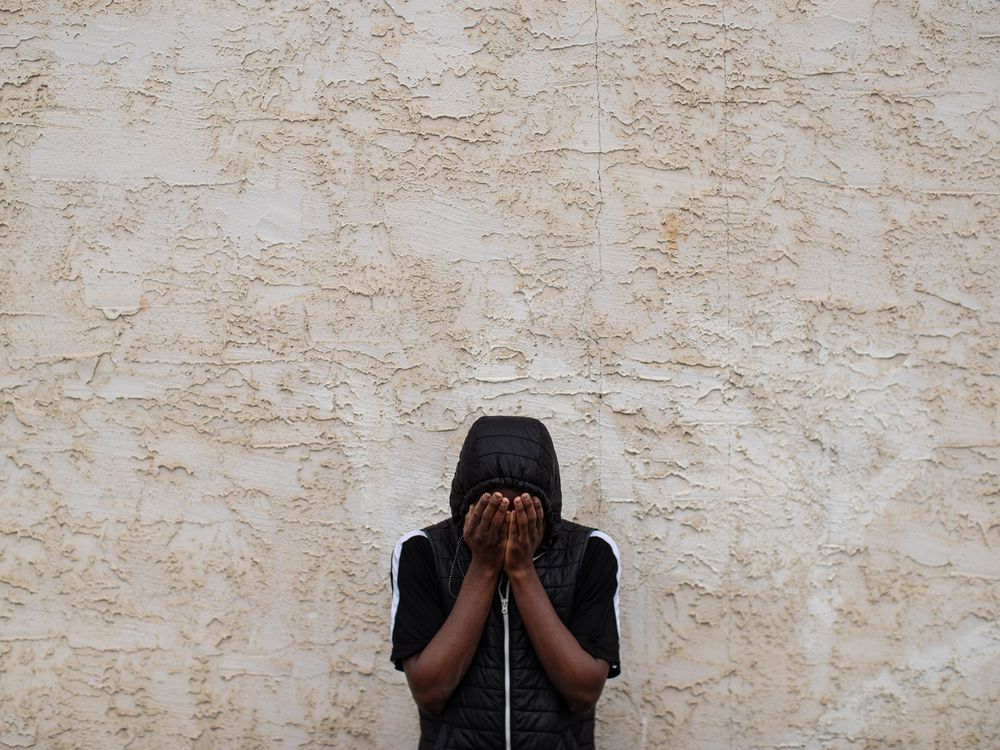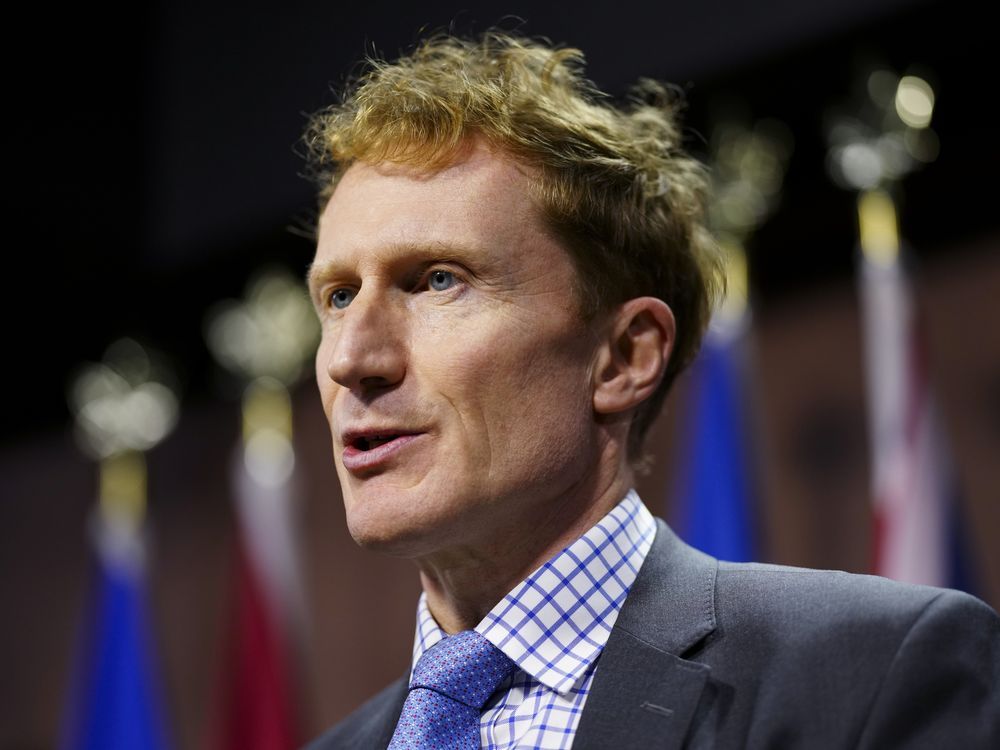Gay Ugandan in Edmonton faces deportation, fears jail or death over anti-LGBTQ law
Author of the article:Canadian Press
Canadian Press
Jamin Mike
Published Dec 15, 2023 • 3 minute read
EDMONTON — A man in Edmonton is making a last-ditch legal bid to avoid a Monday deportation flight back to Uganda, where he fears he may be imprisoned, harmed or even killed for being gay.
The man, who asked not to be identified for his safety but sometimes goes by the name Sue, said his lawyer has asked the Federal Court for one more review of his case.
But he says if it doesn’t succeed, he will reluctantly get on the flight to the east African country.
“No one’s expecting me, and I don’t know where I will go,” the 25-year-old told The Canadian Press in an interview.
“It doesn’t matter where you go. Everywhere, people think a man like me who is gay, that it’s a curse.”
Sue said he has been packing up his apartment and trying to sell belongings on Facebook since the Canada Border Services Agency ordered him to report Monday for a flight to his home country.
Homosexuality has long been illegal in Uganda. Earlier this year, the country passed one of the harshest anti-homosexuality laws in the world. It could impose the death penalty as punishment for “aggravated homosexuality.”
Prime Minister Justin Trudeau has called on Uganda to repeal the legislation.
Sue said he had a good childhood and grew up like most Ugandans. He went to school, played soccer and volunteered for different activities. He later studied to become a nurse.
When he moved to Canada in 2018 on a student visa that was set to expire this past summer, he transferred his nursing credits and earned his licensed practical nursing credentials, then got a part-time health-care job while working toward a bachelor’s degree in science.
Sue said he also found support in Edmonton’s LGBTQ community.
Then he came out to his family, who live in Uganda.
“That’s when everything turned the other way,” he said. His parents cut off his tuition, and without funds he dropped out of university.
He said he knew returning to Uganda after coming out would put him in danger, so he sought advice from Newcomers Edmonton, which advised that filing for a refugee claim would be his best option.
Sue said he filed a claim on the grounds he would be persecuted as gay if he returns to Uganda.
The federal government rejected Sue’s refugee claim in July 2022, a decision upheld on appeal in early 2023.
Toronto lawyer Michael Battista then applied for a deferral of Sue’s deportation. It was rejected earlier this week.
Battista says he has now filed an application to the Federal Court for a stay on Sue’s deportation, but it’s unclear when the case might be heard.
Battista said Canada’s Immigration and Refugee Board rejected the refugee bid even though Frank Mugisha, director of Sexualized Minorities Uganda, said he knew Sue for seven years in Uganda and witnessed him with a boyfriend.
Battista said the board did not find the sum of evidence compelling enough to overturn the deportation order.
“More than anything, this case highlights the need to provide strong evidence of a claimant’s sexual orientation as early as possible in the process,” said Battista.
“My client’s previous counsel did not do this, and now it is an uphill battle to have that evidence considered.”
A Canada Border Services Agency spokesperson said in an email that it does not comment on individual cases.
The Immigration and Refugee Board also did not provide comment.
Mugisha said Sue’s family is Muslim and they believe that Canada made him gay. They have the resources to track him down and have him put in jail due to embarrassment, he added.
“Canada hasn’t shown that much support, and deporting someone doesn’t show support either,” he said.
Mugisha said this is the first time he’s heard of a gay man being deported to Uganda in the last decade.
Rainbow Railroad, a global non-profit that helps LGBTQ people, says it has received 1,500 requests for help from Ugandans so far this year, with 90 per cent asking after the country’s draconian homosexuality law was passed.
Rainbow Railroad CEO Kimahli Powell, in an email, said Ugandan citizens are required to report on one another or face punishment.
Doug Kerr of Dignity Network Canada, a group of civil society organizations, said it’s disappointing Canada is deporting a gay person to Uganda.
Kerr said a challenge of the homosexuality law was filed Monday in Ugandan court, and that he hopes Canada makes an official effort to support affected Ugandans.
Jason Kung, with Global Affairs Canada, said the federal government strongly condemns Uganda’s law and is assessing further response.
A man in Edmonton is making a last-ditch legal bid to avoid a Monday deportation flight back to Uganda.

torontosun.com
ostmedia News
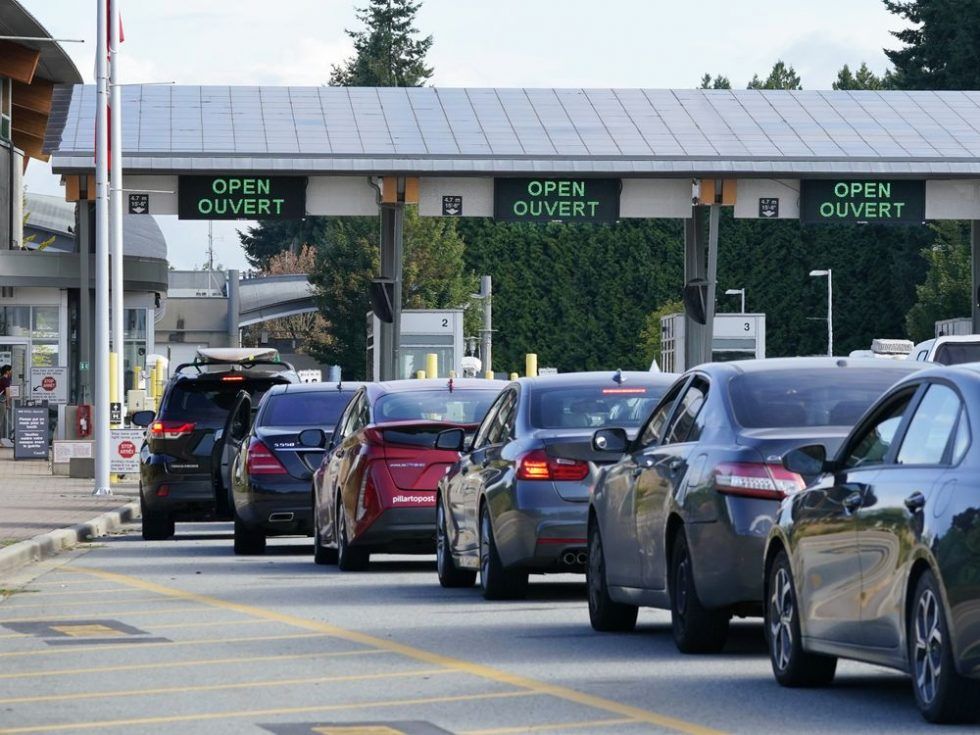
torontosun.com
